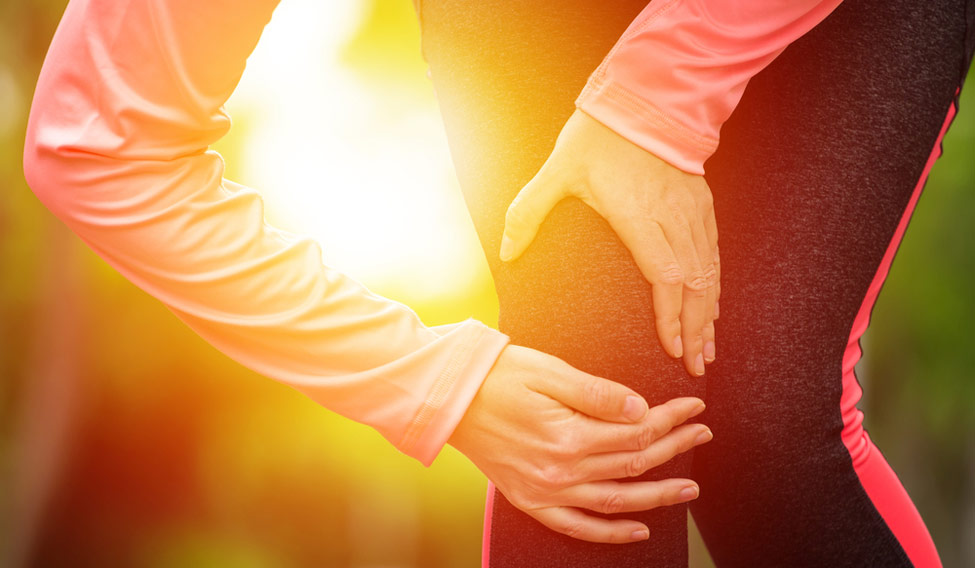Right from our basic science lessons in school, we have been taught that protein is the building block of life. It is one of the basic components of pretty much everything in our body—hair, nails, skin, muscles, bones and cartilages. Sufficient intake of protein is also necessary to make up for the body's wear and tear—to fix damaged cells and regenerate new ones. It seems, however, that Indian women are not consuming enough protein.
According to a study, HealthifyMeter Gender Watch 2017, conducted on eating patterns of women and men across India, women consume 13 per cent less protein than men. The study, conducted by mobile health and fitness company HealthifyMe, analysed food records of over 1.5 million HealthifyMe app users across the country. The disparity in protein consumption is highest in the north eastern states of Manipur and Arunachal Pradesh, followed by Jammu and Kashmir, Himachal Pradesh, Jharkhand, Punjab and Delhi, the study reveals.
Commenting on the report, Dr Ambrish Mithal, chairman and head of endocrinology and diabetes division, Medanta Hospitals said: “The report highlights the disadvantageous disparity in protein intake by women in even amongst urban, educated Indians. As it is, women are more prone to osteoporosis than men. Lower protein intake makes them even more prone to fractures."
While this may not lead to a full-blown protein deficiency, it is possible that women are not providing their body with the basic protein it needs. This, in turn, can show up as various symptoms in the way we behave, how we feel, and how our bodies look. Besides muscle and joint aches, which we commonly know of, here are a few other ways in which your body signals it is not getting enough protein:
You are constantly tired: If your are cramping, feeling weak and sore regularly, your body might need more protein. As we know, protein provides strength and supports muscle growth. Lack of protein in your diet can cause wasting away of muscles and reduced muscle strength. Our body's tissues need amino acids (the building blocks of protein) for growth and maintenance. So, if you are not providing your tissues with enough protein from food, your body has no choice but to start breaking down your muscles to retrieve amino acids from them. If you notice your collar bone becoming more prominent, maybe your are not eating enough protein.
You crave sugar: Well, cravings need not always be associated with pregnancy! They are your body's way of showing you what it needs. If you are craving sweets, it is a sign your body is low on protein. If you think a protein deficiency should induce a craving for some meat or eggs, you got it wrong. Proteins, unlike carbohydrates, are digested slowly by the body. So if you end up eating meals loaded with carbs and less protein, the body digests the carbs quickly, causing sugar levels to spike, and then fall. This constant rise and drop of blood sugar levels is unhealthy, and causes you to crave sweets to fix sugar levels. So, it is ideal to eat proteins with carbs so that the food digests slowly, and blood sugar levels are maintained.
Your brain feels foggy: Brain fog is a word used to sum up some of those bad days when we are confused, forgetful and lack mental focus. Stress and lack of sleep may trigger brain fog, but there's more to it. Lack of protein and fluctuating blood sugar levels leave your brain dazed with no energy to fuel it. So, pack in proteins into your diet so that energy is released slow and steady. Munching on carbs alone only provides short bursts of energy, and then leaves your brain in a 'fog'.
You don't like how you look: If your hair is falling off, nails breaking and skin is feeling dry and patchy, you sure wouldn't feel good about it. Skin tissue, collagen, is made up of fibrous proteins. When on a low-protein diet for long, the body loses collagen, causing skin to sag and lose its shine. Protein deficiency can also induce, dry and patchy flakes of skin. As for our nails, a low protein diet results in split, extremely thin brittle nails. Nails that don't grow back quickly are also a sign of protein deficiency. One of the most common cause of hair fall in women is lack of protein in diet. Hair follicles are made up of protein keratin. When the body does not get enough protein through the diet, it will conserve as much protein as it gets, and shift our hairs into a 'resting phase' after which they fall off quickly.
You have an irregular menstrual cycle: Though irregular menstrual cycles are usually associated with hormonal imbalances, it could also hint at a protein deficiency. Protein-rich foods not only regulate periods, but also promote fertility. A poor diet can trigger high levels of cortisol, a hormone produced by the adrenal gland. Excess cortisol, over a long period of time, hinders the function of essential hormones and promotes breakdown of bones, skin, muscles and brain tissue. It can also lead to protein breakdown, which results in muscle wasting and even osteoporosis in women.







